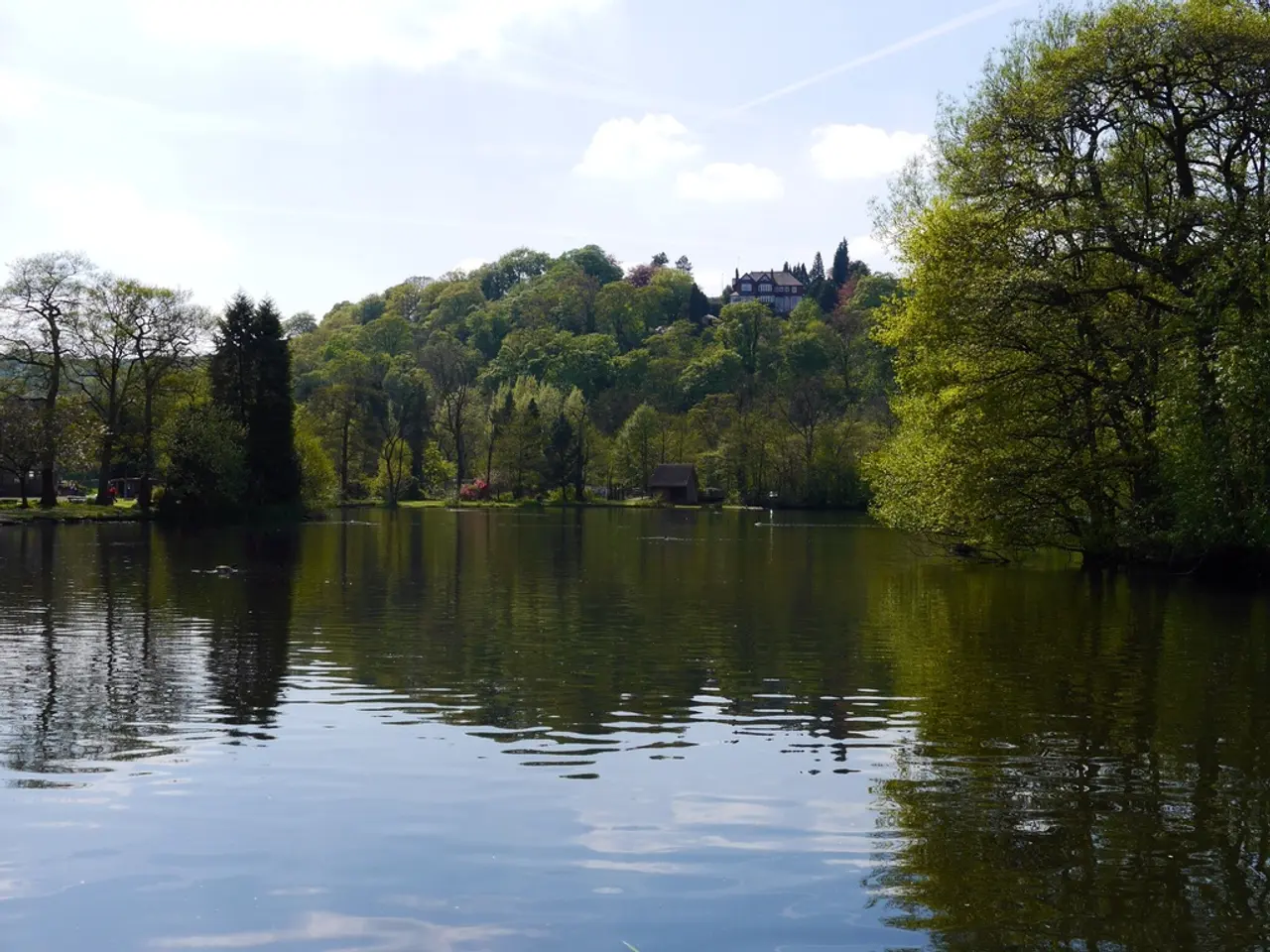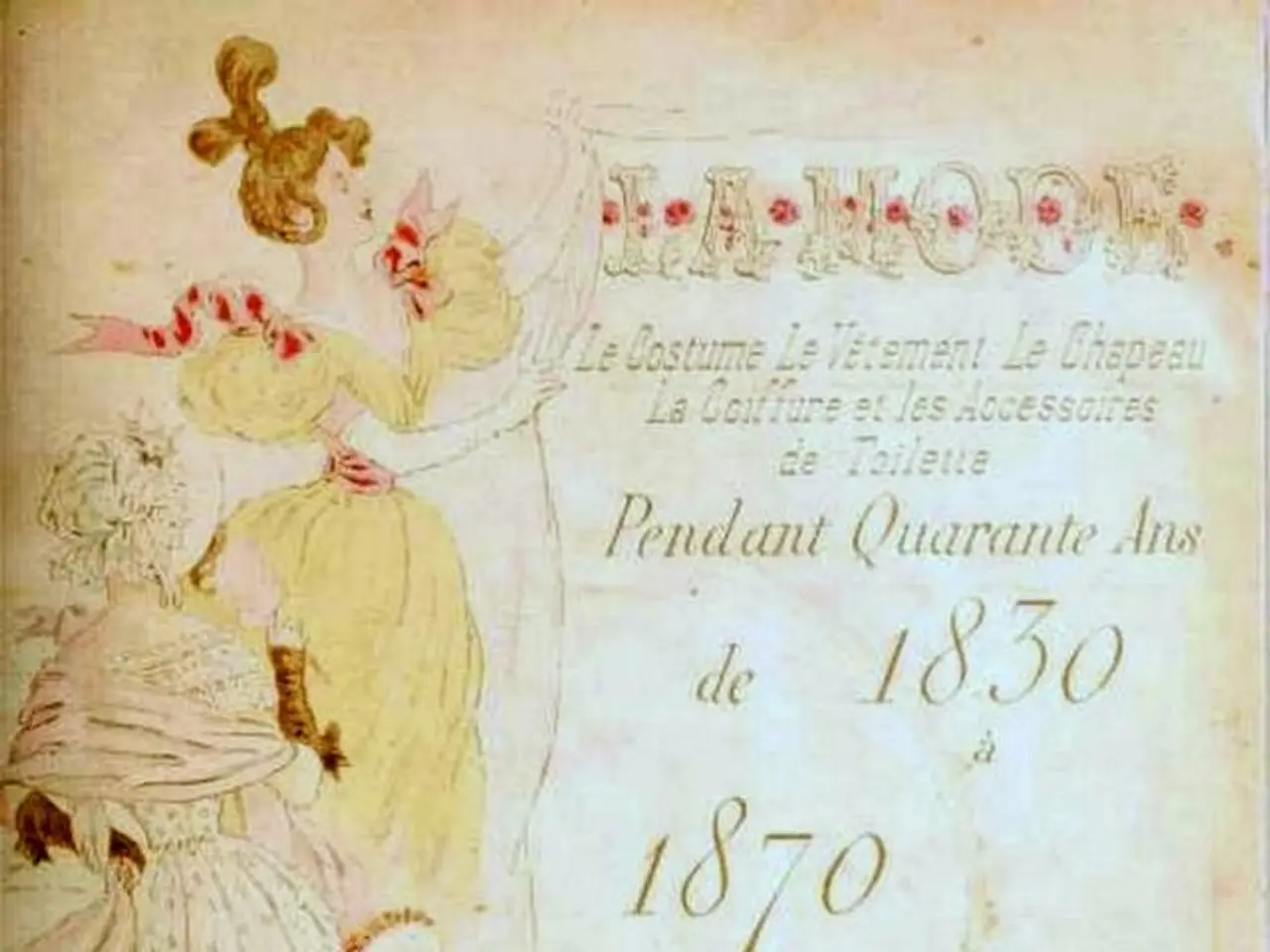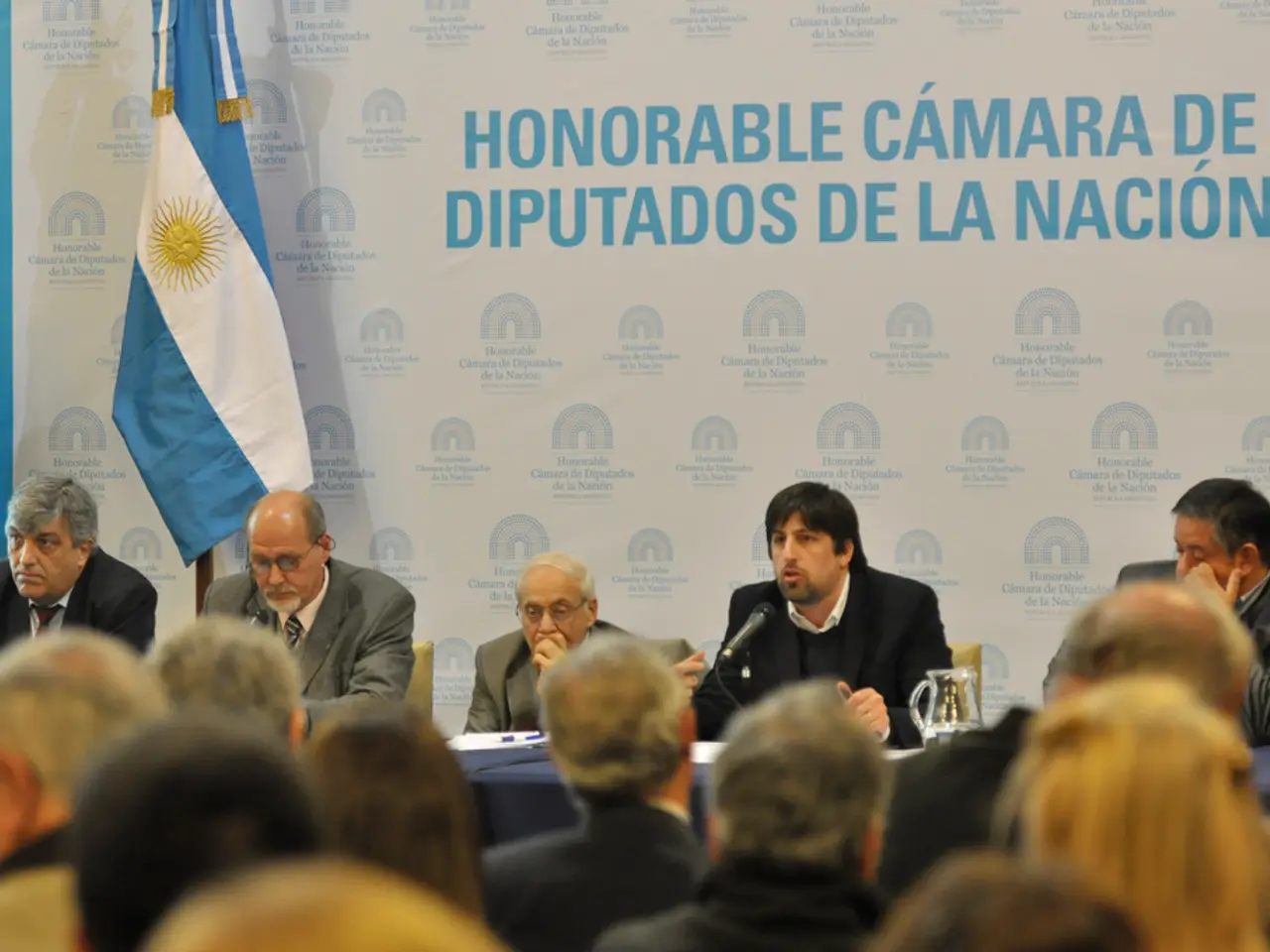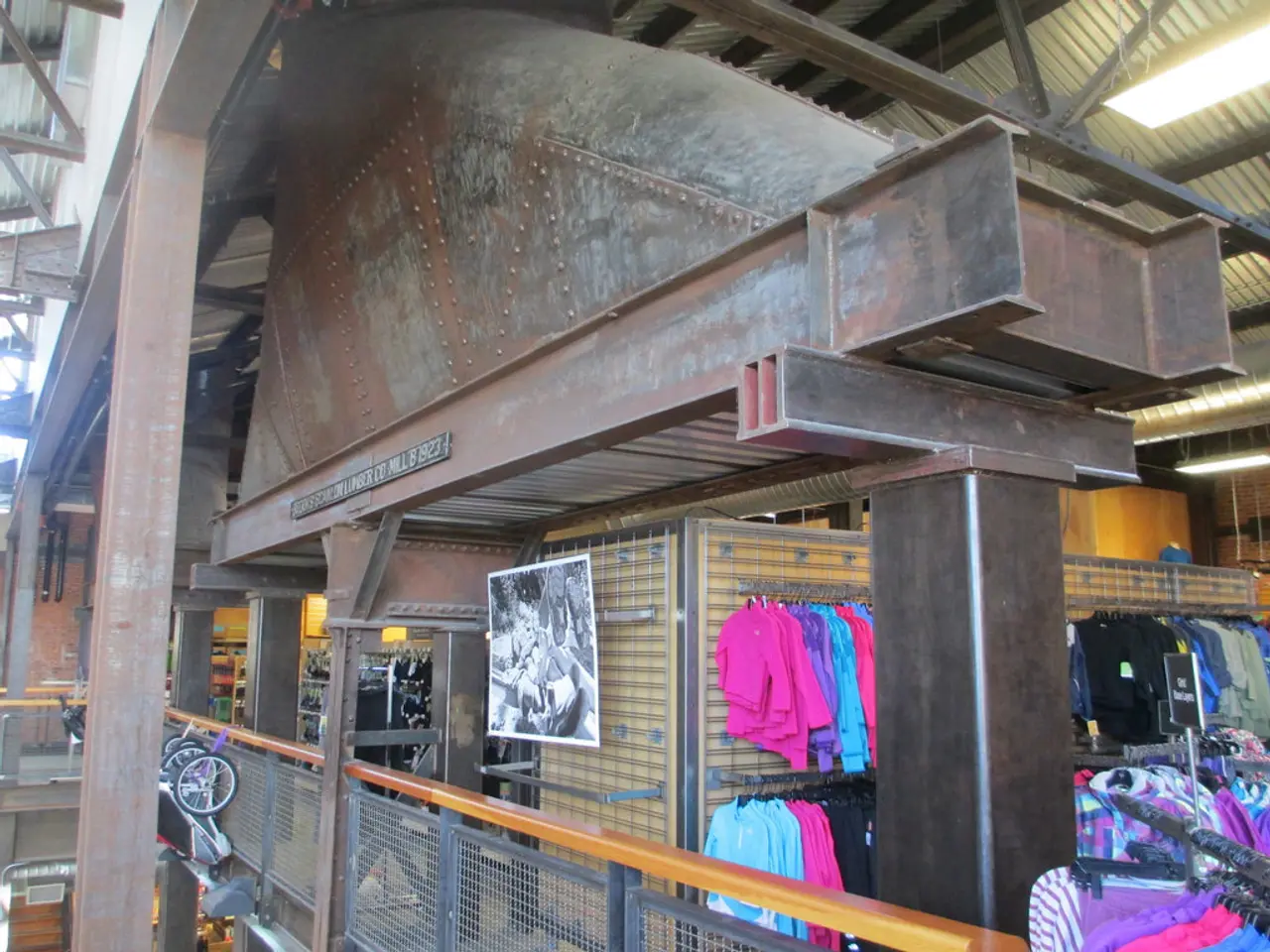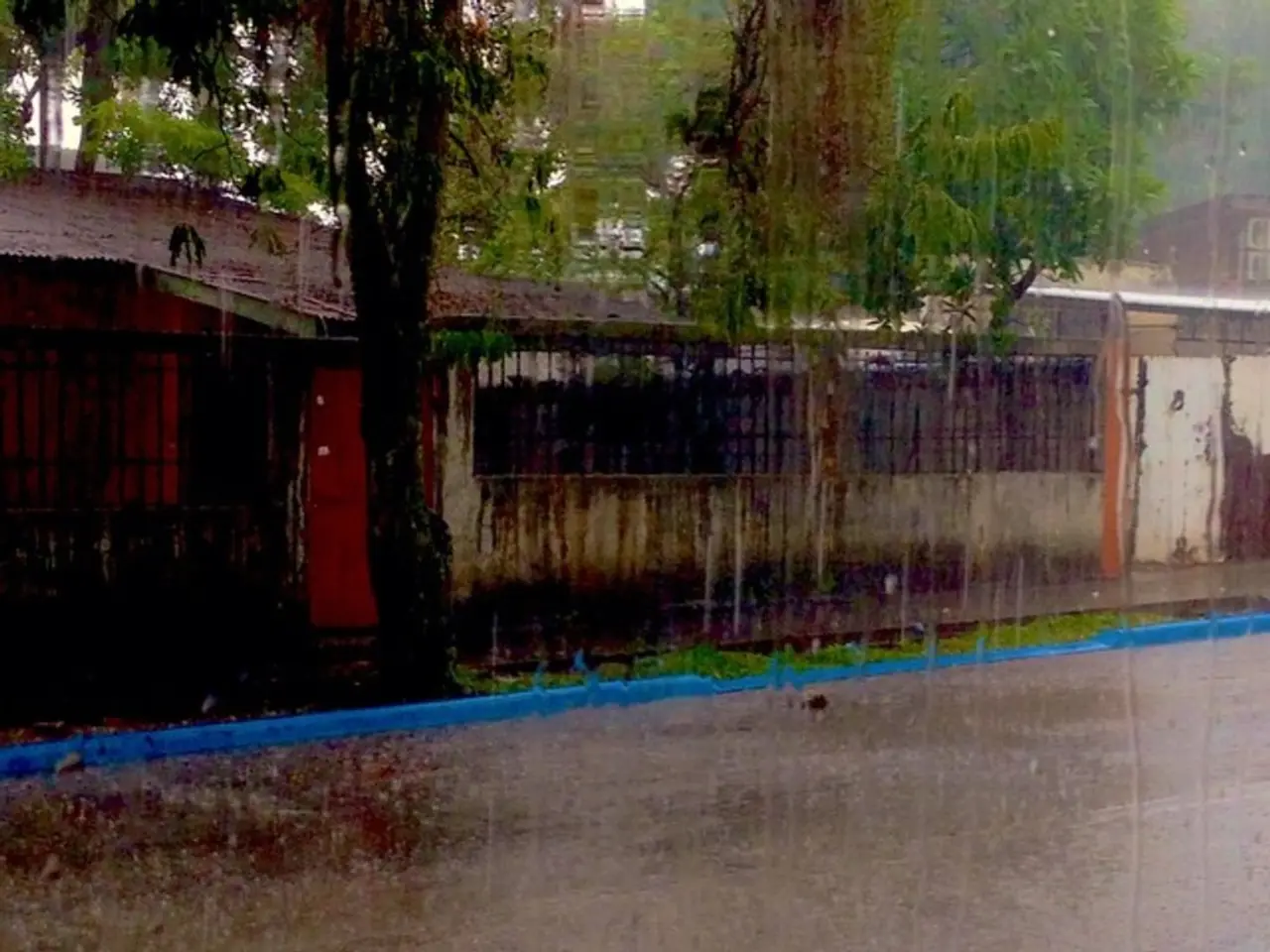Wyoming Residents Disagree Over Choice to Call Lake 'Swastika' Once More
Swastika Lake Renamed to Knight Lake in Wyoming: A Symbol of Controversy
In the heart of the Snowy Range Mountains, a historical debate unfolds within the Medicine Bow National Forest. The name of a lake, once known as Swastika Lake, has been changed to Knight Lake, stirring up emotions among Wyoming residents.
The origin of Swastika Lake's name remains unknown, with no definitive records linking it to the lake's shape or Nazi symbolism [1]. However, the negative connotations associated with the swastika symbol due to its use by Nazi Germany led to its official renaming in January 2024. The lake was renamed in honor of Samuel Howell Knight, a distinguished geologist and paleontologist from the University of Wyoming [1].
The decision to change the name was supported by Kim Viner, a member of the Albany County Historical Society, who noted the symbol's transformation into a hate emblem during World War II [2]. Viner also acknowledged that the origins of the name "Swastika Lake" are unclear.
However, not all residents are in agreement. Some oppose the name change, feeling that it should have remained. Albany County Commission Chairwoman Terri Jones, who voted against the renaming, stated that the lake's name should not have been changed [3]. Jones believes this decision was a missed opportunity for education about the symbol's deeper meaning.
Terri Jones is not alone in her sentiments. Terri suggested that a sign explaining the meaning of the word 'swastika' should be placed at the lake [4]. Amber Travsky, another local resident, was initially confused by the name of the lake, thinking it might be in the shape of a swastika, but it is not [5].
The debate over Swastika Lake's renaming reflects a broader trend of reevaluating place names associated with controversial or problematic historical symbols and figures to better align with current cultural values and sensitivities [2]. The swastika symbol itself has a deep historical and cultural significance far beyond its appropriation by the Nazis in the 20th century. Traditionally, it is an ancient symbol found in many cultures worldwide, often signifying good fortune, peace, or well-being [4].
In conclusion, the renaming of Swastika Lake to Knight Lake has sparked a lively discussion about the significance of symbols, their historical context, and the balance between acknowledging painful historical associations and recognizing their broader cultural history. This ongoing debate in Wyoming underscores the importance of understanding the complexities of our past and the power of symbols in shaping our perceptions.
[1] Albany County Historical Society [2] Association for Asian Studies [3] Albany County Commission [4] Terri Jones, local resident [5] Amber Travsky, local resident
- The renaming of Swastika Lake to Knight Lake, driven by the controversial symbolism of the swastika, has sparked a general-news debate about the significance of symbols, their historical context, and the balance between acknowledging painful historical associations and recognizing their broader cultural history.
- The decision to rename Swastika Lake was supported by the Albany County Historical Society, acknowledging the symbol's transformation into a hate emblem during World War II, and signifying a trend in politics to reevaluate place names associated with problematic historical symbols and figures.
